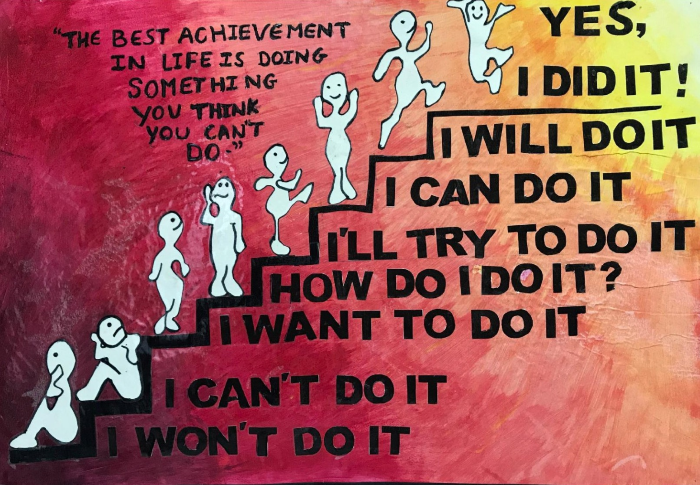Even the most focused people can fall prey to procrastination. One minute, you’re fully engrossed in your work. Next, you’re reading a Wikipedia page about fly-fishing. To help you stay on task, here are 5 tips for avoiding procrastination.
Manage Motivation
Motivation is a hard thing to predict and even harder to control. There are two good strategies for controlling motivation:
1. Find a way to make what you’re doing feel important. To make what you’re doing feel important, ask yourself why it is important to you. If the answer is complex and deep enough, then that should provide sufficient motivation for your work. If the reason really hits home for you, then keep asking why until you find a reason that truly motivates you. Find those reasons, and use them as fuel to push through the tough spots.

2. Change your perception of what you’re doing so that it doesn’t seem as difficult or boring as it seems to you now. If a task seems too boring or difficult, remember that everyone who’s really good at what they do has engaged in the same work at some point. Today’s top musicians played scales when they got started; it wasn’t fun, but they did it. As they got better at playing scales, they had more fun because they were constantly improving themselves. If you want to be good at what you do, the only alternative is to endure this stage of drudgery.
Manage Goals, Tasks, and Time
You’ve heard this one before: divide large tasks into manageable chunks and set deadlines for those chunks. This will reduce the number of things you need to keep track of at once, which can help lower stress levels.

The next step is figuring out what pieces comprise a task so that you can break it down even further.
Give yourself Time to Procrastinate
Don’t try to avoid procrastinating altogether. Everyone needs downtime, so you shouldn’t feel guilty about taking it.

Just schedule it during specific periods of time, say 20-30 minutes every few hours or so. Allow yourself to play online slots or read the news. Just make sure you know when to stop.
Create a good Learning Space
Keeping your learning space clean and uncluttered can keep you in the right frame of mind for learning. If it’s easier, find a specific spot in your house to work.

For example, if you study in your bedroom, don’t hop into bed when you grow tired or bored with studying – reserve that space for sleeping.
Eliminate Distractions
This one’s easy: silence your phone and turn off the TV. If you work in an office that doesn’t understand why working requires focus, then wear headphones to block out noise.
Or learn how to take productive breaks by shutting down your computer for a while. Let your co-workers know that you need some time to focus. They’ll probably respect you more for it in the long run because they know what they can expect from you when you are working.





